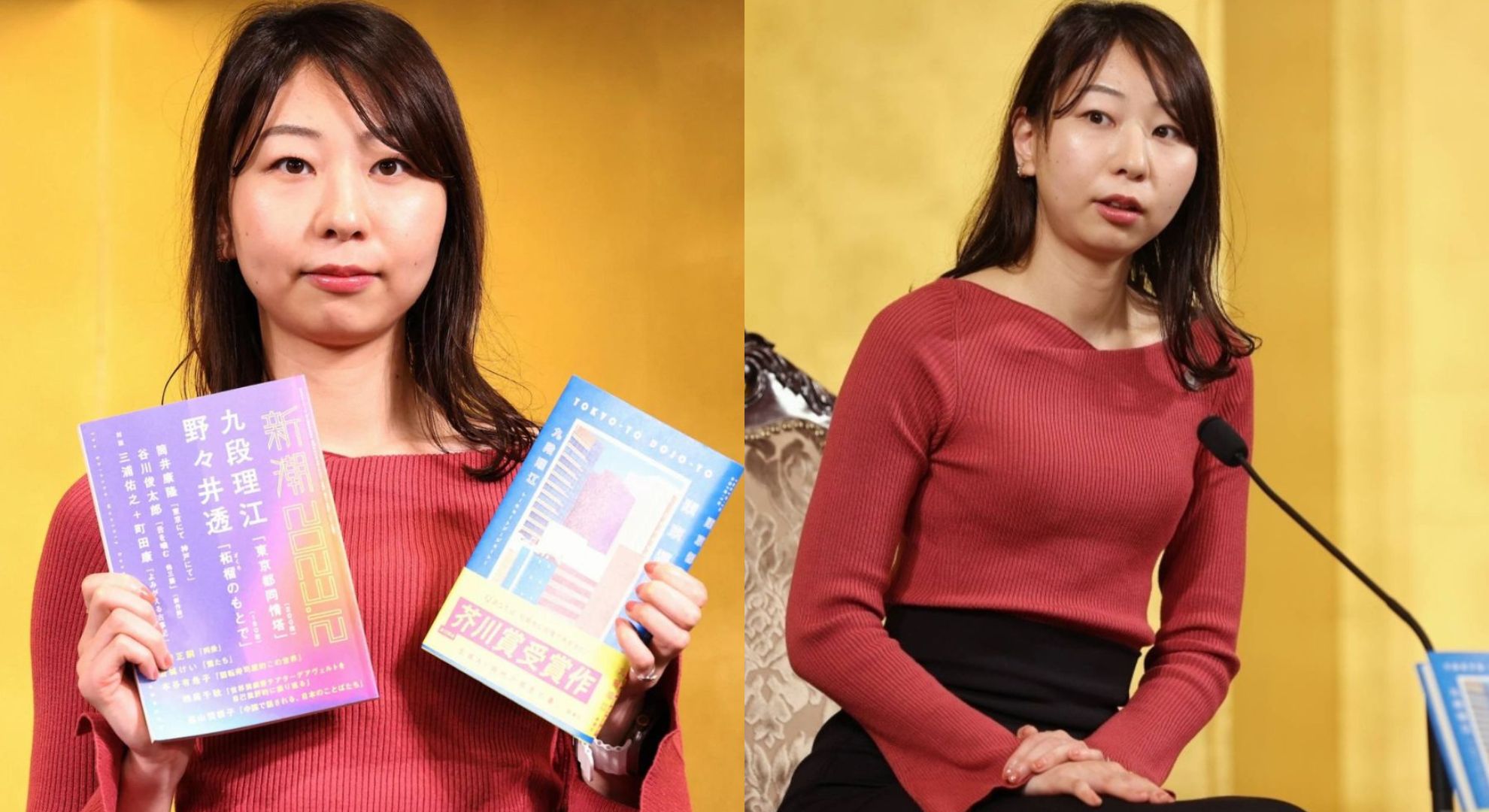Following her receipt of the 170th Akutagawa Prize on January 17, 2024, Rie Kudan, 33, revealed during a press conference that she had used ChatGPT in around 5% of her work, including as inspiration for some parts of the dialogue.
The Akutagawa Prize is regarded as Japan’s most prestigious prize for pure literature and is given to emerging authors semiannually. It poses a significant deal, and the recipients of these prestigious awards usually garner abundant media attention.
Kudan’s novel, “Tokyo-to Dojo-to” (Sympathy Tower Tokyo), has AI as a central theme and revolves around the hurdles faced by an architect entrusted with developing a comfortable, high-rise jail in Tokyo where prisoners are allowed to get back on their feet.
In her acceptance speech, Kudan disclosed that ChatGPT had contributed to a portion of her book. “This is a novel written by making full use of a generative AI like ChatGPT, and probably about 5 percent of the whole text is written directly from the generative AI,” she said.
Keiichiro Hirano, writer and prize committee member, wrote on X (formerly Twitter) that Kudan’s use of artificial intelligence was not a concern for the selection committee.
“It seems that the story that Rie Kudan’s award-winning work was written using generative AI is misunderstood. If you read it, you will see that the generative AI was mentioned in the work,” he stated. “There will be problems with that kind of usage in the future, but that is not the case with ‘Sympathy Tower Tokyo,” he added.
Although some expressed interest in Kudan’s creative use of AI, making them now more intrigued by her work, reports indicate that social media users reacted quickly and harshly to the news, with many voicing concerns about what might happen to literature in the future if AI is permitted to compete for major literary prizes. Given that these systems are modified on various works by other writers, the application of generative AI in creative fields remains incredibly contentious.
Kudan, on the other hand, said she intends to keep good relationships and thrive with AI to further unleash her full potential.
Other POP! stories that you might like:
Gen Z is turning LinkedIn into a Dating application, because why not
Philippines records low wristband return rate at Coldplay’s world tour
IVE’s Jang Wonyoung wins civil lawsuit against YouTuber Sojang, sets new precedent
Guinness World Records puts Bobi’s ‘Oldest Dog Ever’ title on hold amid doubts about his age



